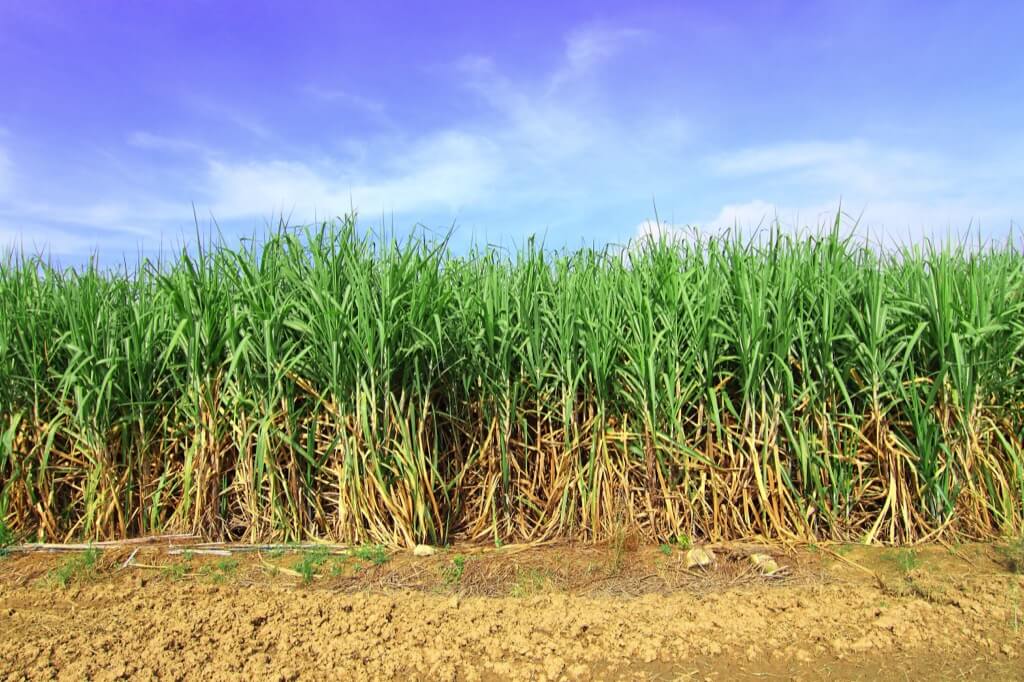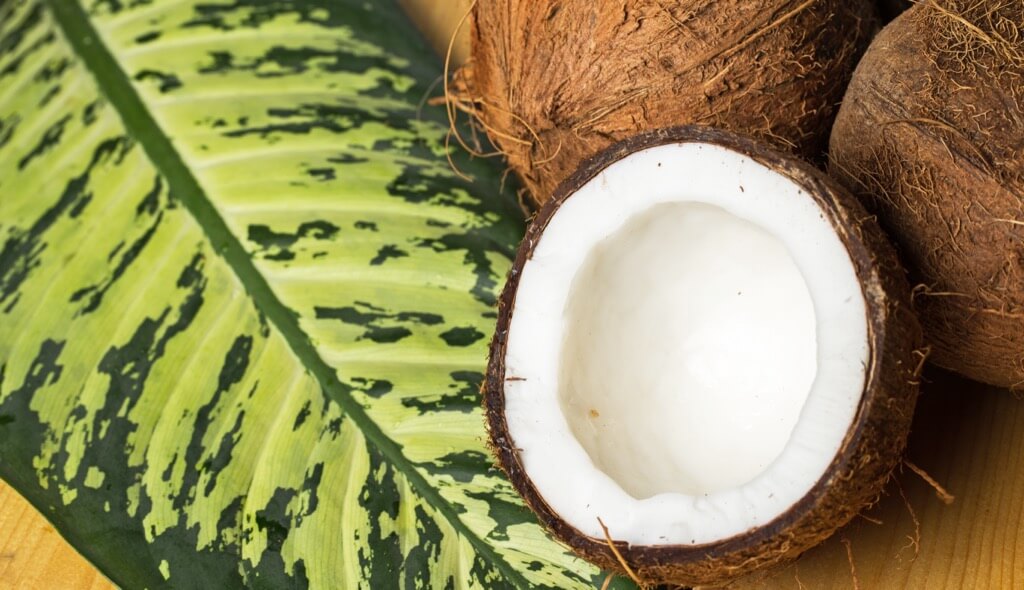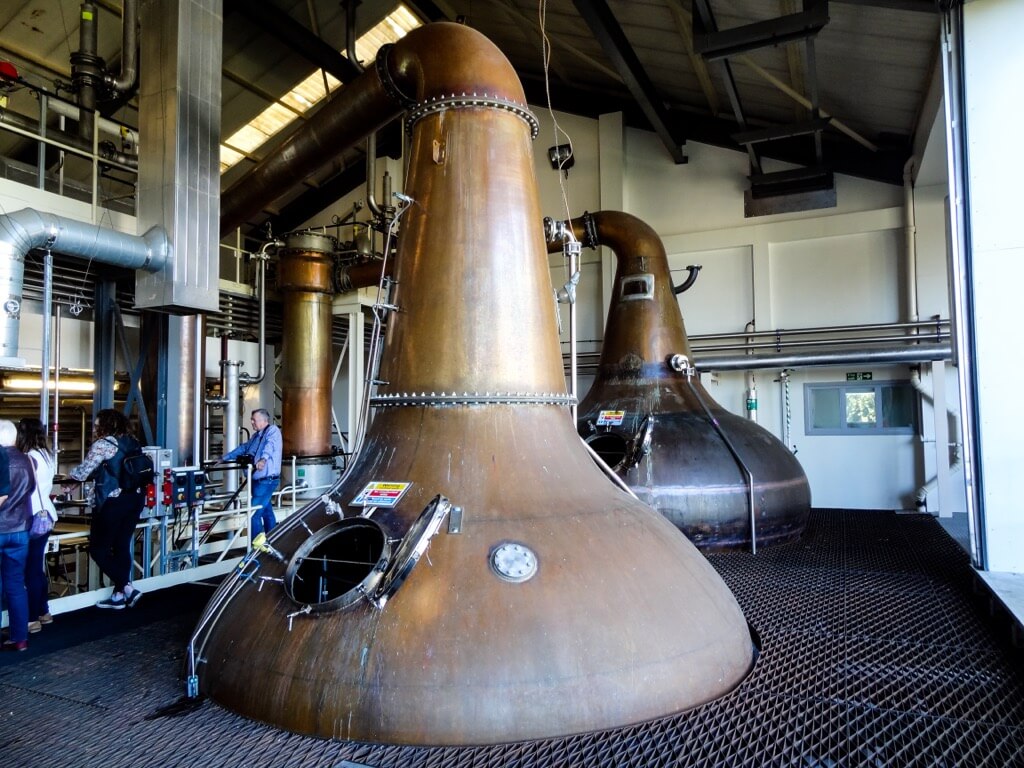Spirit creation in Thailand presents a unique set of challenges and opportunities, particularly for those daring to enter the realm outside the major industrial players. This exploration takes us to the heart of Sakon Nakhon, a serene northeastern province of Thailand, where the undulating landscape of hills and rice terraces sets the scene for a distilling operation unlike any other.
In Sakon Nakhon, one finds the Onson Distillery, an operation that might first appear more akin to a modest farm building than a hub of spirit innovation. Here, amidst a backdrop of traditional Thai iconography and a decidedly minimalist setup, a small team of enthusiasts is revolutionizing the craft of spirit production. This distillery, characterized by its simplicity and lack of modern conveniences like extensive electrical power, is creating a spirit that challenges conventional expectations. The product? A sweet and floral distillation derived from the caramelized sap of coconut flowers, offering a unique twist on traditional gin by omitting the characteristic spiciness.
The Regulatory Landscape
Tiger Limlertcharoenwanich, a co-founder of Onson, navigates a complex regulatory environment that limits their operation to no more than 5 horsepower, which is comparable to the power of two hair dryers. This limitation is a reflection of the Thai government’s efforts to categorize distilleries and maintain a competitive advantage for larger corporations. The community distillation license under which Onson operates imposes stringent restrictions, including a cap on employee numbers and a prohibition against traditional advertising or promotion of their spirits. The use of familiar spirit names like “gin” or “vodka” is off-limits, requiring all products to be categorized under the broader terms of white or colored spirits.
Despite these hurdles, Onson’s story is part of a larger narrative of resilience and creativity among Thai distillers. The distillery stands as a testament to the possibility of innovation within tightly controlled limits, producing a few thousand bottles a year and engaging directly with the local community. This movement against the monopolization of the alcohol industry in Thailand has seen a surge in artisan distilleries, with over a hundred small brands now producing their unique spirits.
Onson and similar operations are not merely about producing alcohol; they represent a cultural shift. Traditional perceptions of local spirits are being challenged, and what was once seen as a lower-class drink is being reevaluated for its quality and craft. This transformation has been aided by political support and a growing interest in local, artisanal products, leading to increased visibility for brands like Onson.
Ingredients as a Differentiator
The artistry of Thai distilleries is vividly illustrated in their resourceful use of native ingredients, transforming the local flora into an array of captivating spirits that speak volumes of Thailand’s rich agricultural heritage. This inventive utilization not only sets these spirits apart on the global stage but also serves as a testament to the creativity and adaptability of Thai distillers. Let’s delve deeper into how these natural treasures contribute to the uniqueness of Thai spirits.
Sugarcane

Sugarcane stands as the cornerstone for many Thai spirits, embodying the sweetness of the land’s bounty. Distilleries like Issan Rum and Chalong Bay have harnessed this abundant resource to craft rhum agricole, a spirit traditionally made from the fresh juice of sugarcane rather than molasses. This choice imparts a fresher, more vibrant taste profile, distinct from the heavier notes found in molasses-based rums. Thailand’s position as one of the world’s leading sugar exporters provides a fertile ground for these distilleries to experiment and perfect their craft, offering spirits that are a pure expression of Thai agricultural prowess.
Kilo and the Sugar Cane Genius
Kilo Distillery presents a clever twist on navigating advertising restrictions through their ingenious use of local sugar cane. By crafting a spirit they dub “GN” instead of gin, they not only adhere to regulatory guidelines but also celebrate the local crop. The sugar cane base contributes a subtle sweetness and a smooth texture, laying a unique foundation for the infusion of other botanicals. This approach underscores the adaptability of Thai distilleries, turning potential limitations into opportunities for innovation and character.
The Coconut Conundrum

Onson Distillery’s venture into using caramelized sap from coconut flowers is nothing short of revolutionary. This daring deviation from traditional ingredients results in a spirit with a delicate sweetness and floral undertones, marking a departure from the more conventional flavors associated with gin. The caramelization process adds depth and complexity, transforming the coconut sap into a richly flavored base that distinguishes Onson’s spirits from others. This innovation not only highlights the versatility of Thai ingredients but also the distillery’s commitment to exploring new frontiers in spirit production.
The story of Thai spirits is not solely about sugarcane and coconut; it extends to a broader palette of local ingredients that infuse these beverages with the essence of Thailand. Bootleggers Trading Co., for example, incorporates a blend of aromatics that bridge Thailand and China, including tangerine peel, angelica root, and safflower. These ingredients, combined with a sugar cane base, contribute to a gin that is lush with floral notes and a hint of citrus, subtly balanced by the earthy depth of angelica root. This complex interplay of flavors showcases the rich biodiversity of Thailand and its potential to inspire spirits that are both grounded in tradition and boldly innovative.
Innovation Within Constraints
The constraints imposed by Thai law have spurred a wave of creativity among distillers. Onson’s decision to experiment with coconut sugar and caramelized sap, for example, demonstrates how limitations can lead to groundbreaking discoveries in flavor and technique:
- Initially, Onson’s exploration into coconut sugar as an alternative to traditional sugar cane showcased adaptability. This move was driven by the desire to differentiate their product and explore the potential of local ingredients that were underutilized in spirit production.
- The pivotal discovery came with the use of caramelized sap from coconut flowers. This process not only introduced a novel ingredient into the spirit-making world but also produced a flavor profile that was both unique and deeply reflective of Thai natural resources.
- The ingenuity extended beyond ingredients to compliance with strict advertising and production regulations. By creatively navigating these rules, Onson was able to produce and market their spirits within the legal framework, showcasing their resilience and strategic thinking.
- The use of caramelized coconut sap marked a significant departure from traditional spirit flavors. This innovation resulted in a product that offered consumers a new taste experience, blending sweetness and floral notes in a manner previously unexplored in the industry.
- Beyond its commercial success, Onson’s approach to spirit production has contributed to a broader appreciation and recognition of Thai ingredients and traditional practices. This not only elevates the profile of Thai spirits on a global scale but also fosters a sense of national pride and cultural heritage.
As Onson and other Thai distilleries continue to navigate and challenge the boundaries of spirit production, they contribute to a dynamic shift in perceptions—transforming what was once considered a lower-class drink into a symbol of craftsmanship and pride. This journey through the world of Thai distilling highlights a future where limitations inspire breakthroughs, and where the essence of Thailand is captured in every bottle.

